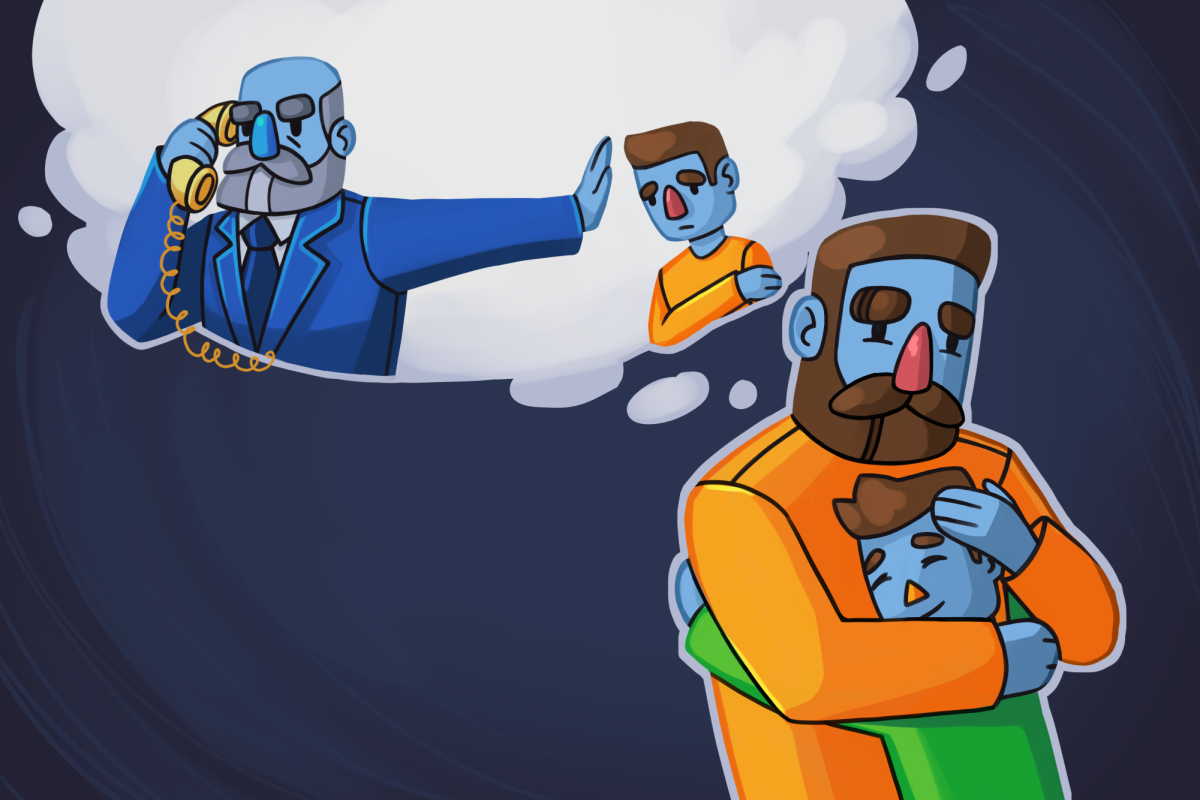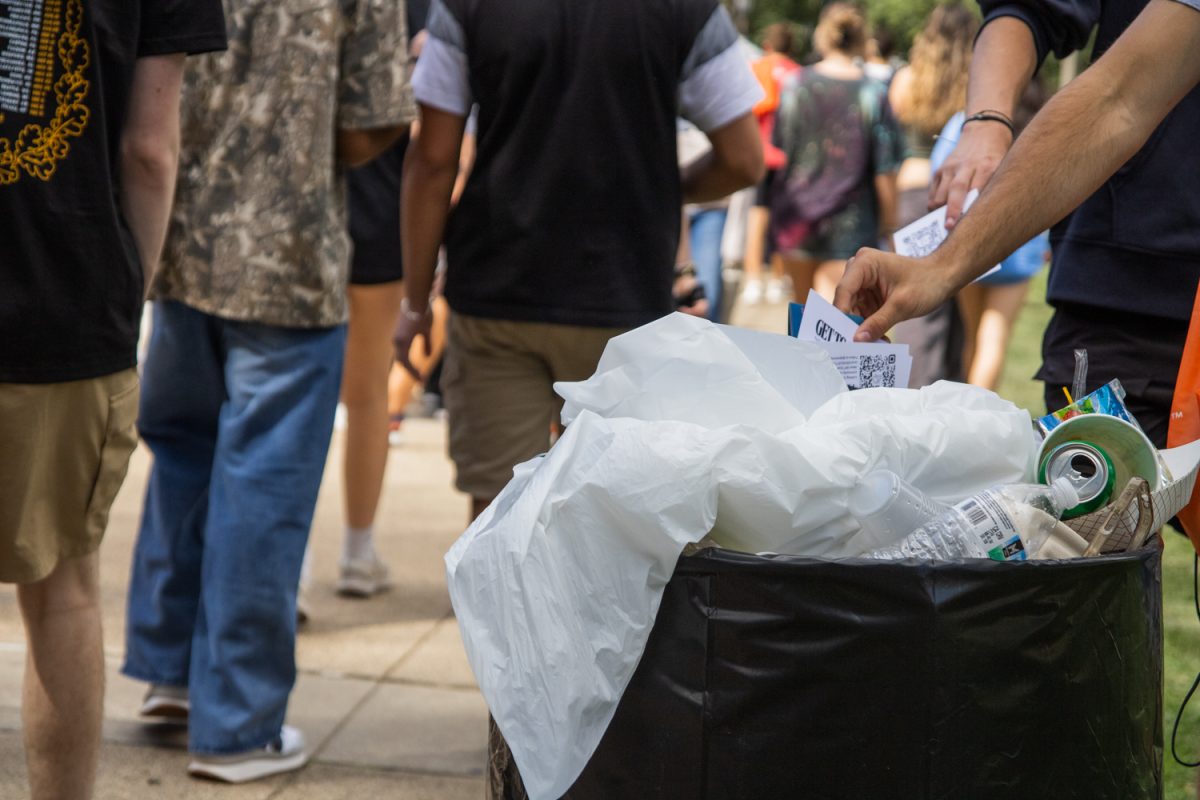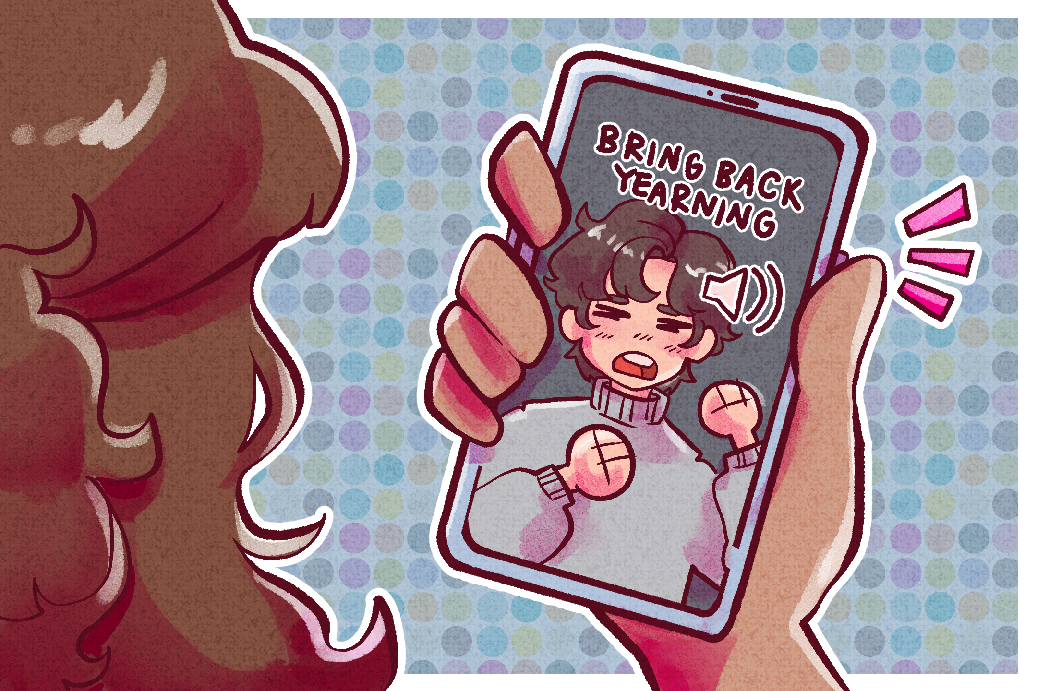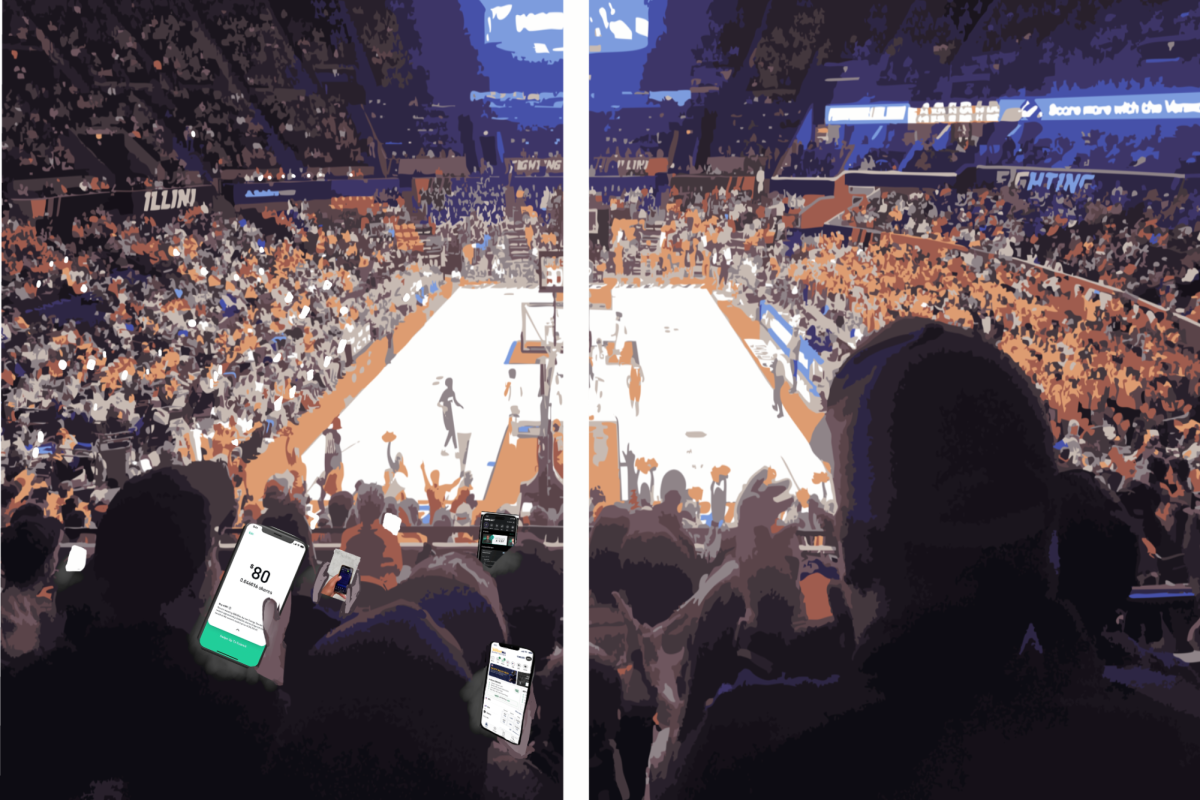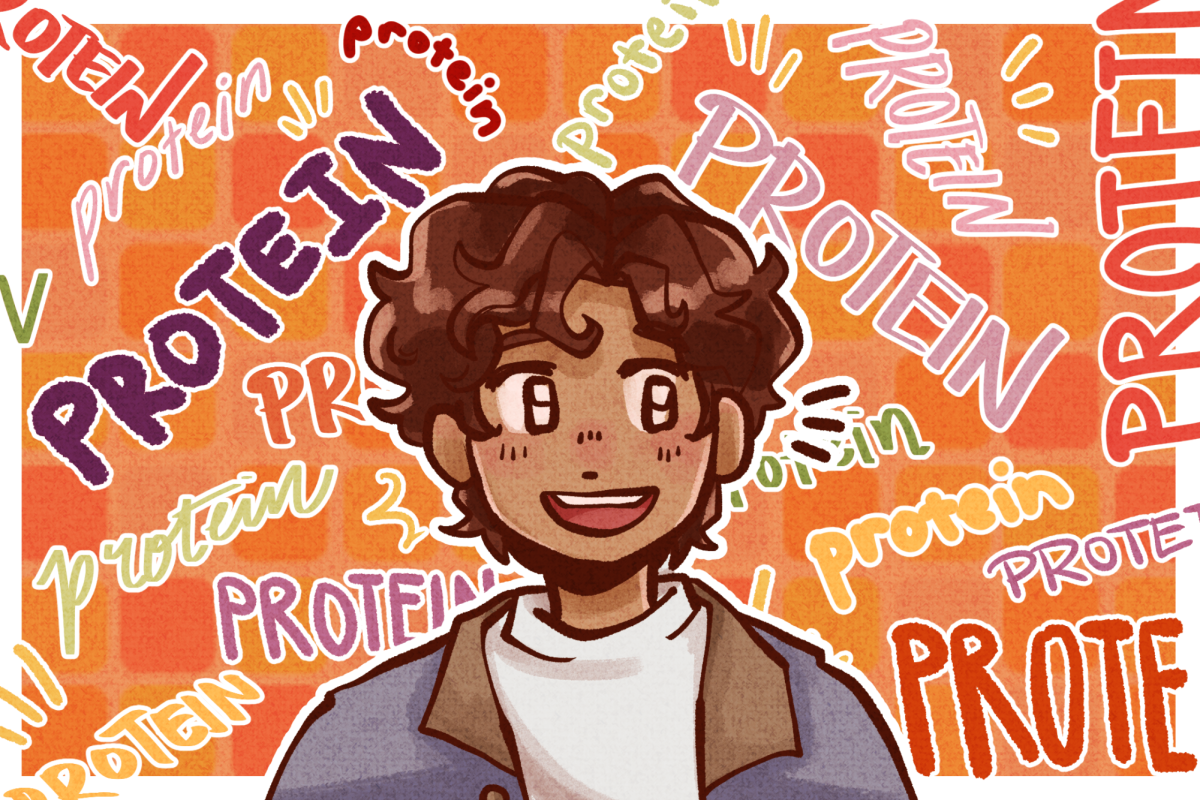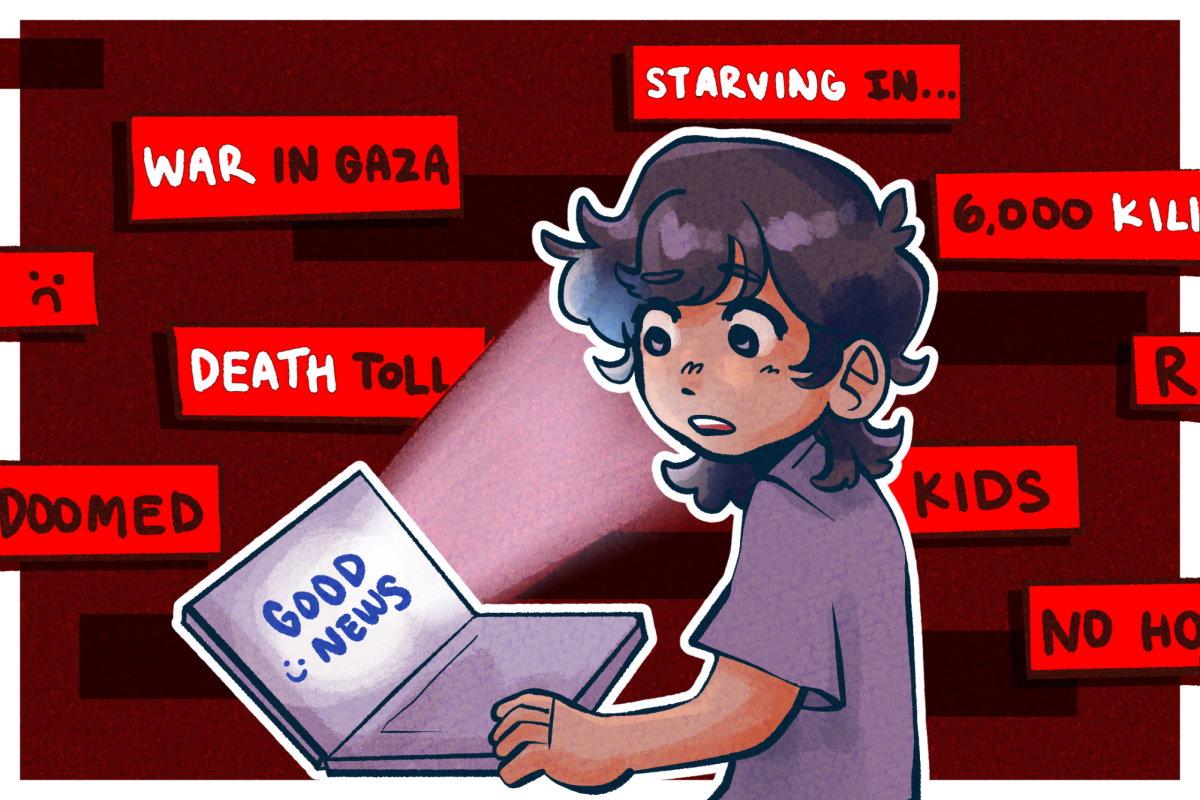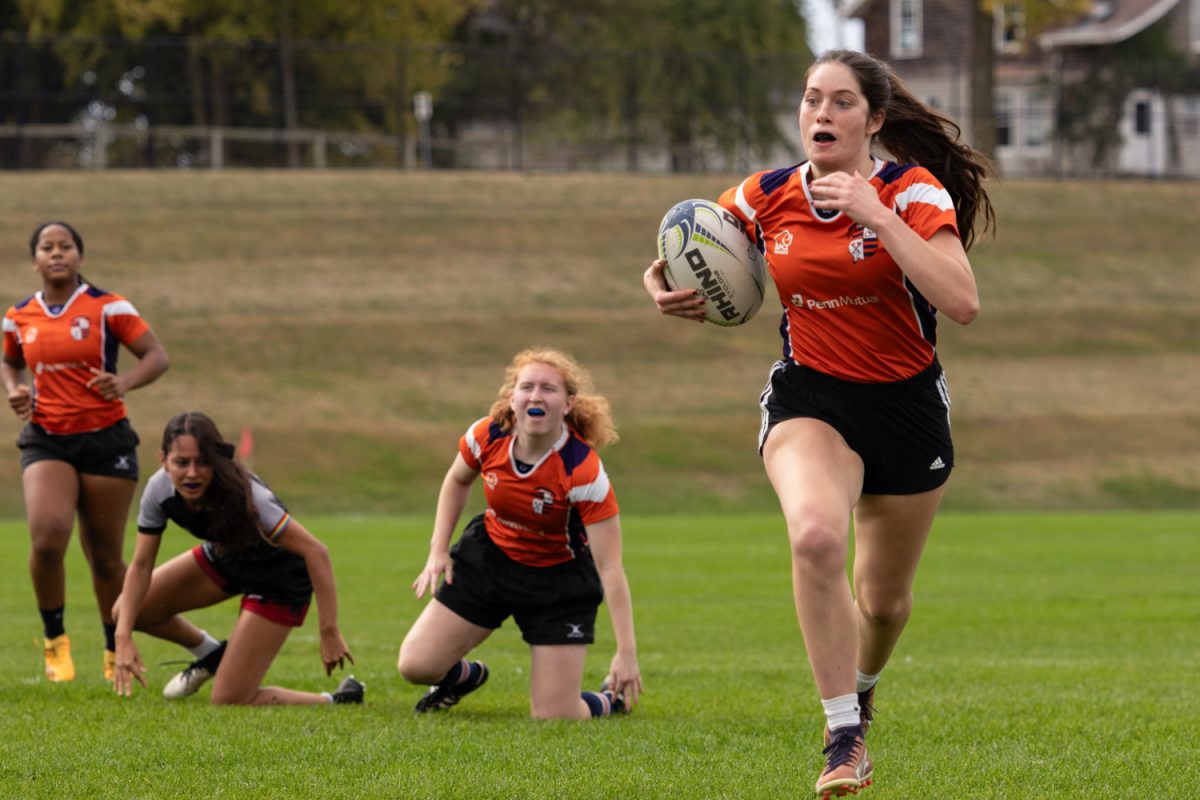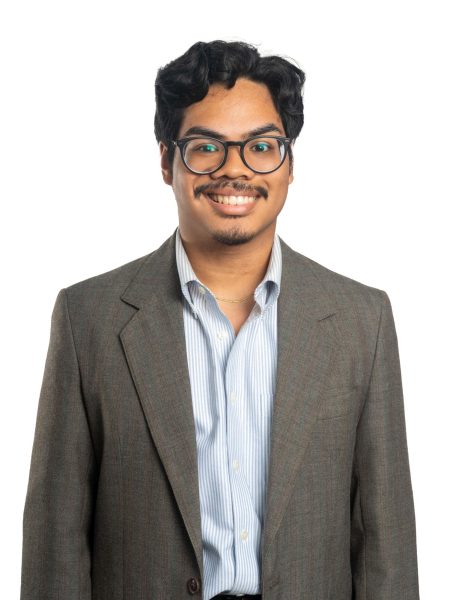I want to preface this column by saying that I love and cherish my father. It’s because of his support — emotionally, mentally and financially — that I have the privilege to attend this University and proclaim my silly opinions for The DI. But in the spirit of fatherhood and especially Dads Weekend, it’s important to shine a light on being a dad in this ever-changing world.
This column isn’t meant to knock down dads; rather, it’s meant to examine and put into perspective what it means to be a dad when dated ideals of masculinity are at odds with mental wellness.
Most of our dads probably belong to Generation X, a generation characterized by grunge music, MTV, the AIDS epidemic and Gorbachev being told to tear down a wall. It was Gen X that saw the first computers, but it was the generations that followed who truly came to embrace the Internet and grew up with it as a central part of our lives.
I think our dads deserve credit for adapting to an ever-changing world, one that is constantly being reshaped in ways that might challenge some deep-set, embedded worldviews that were reinforced by the society in which they were born.
Our dads were taught to adhere to the concept of masculinity, and often not the productive kind, but machismo, known more generally as toxic masculinity. The concept of fatherhood that they chase is one that is stoic and seeks only to deliver results. These are good intentions but are beginning to become incompatible with today’s society — one that is cognizant of how ruinous toxic masculinity can be.
Get The Daily Illini in your inbox!
Traditional gender roles demand that dads be tough and effective breadwinners. But for some dads, it puts up a wall.
Dated concepts of masculinity hold that showing emotion is emasculating and that most problems can be dealt with by simply pushing forward. Over the course of several decades, one gets pretty good at this. It can be easy to forget that your dad is a person, a human being with myriad lived experiences.
It’s shocking when dad tells you a story that paints him as a wild teenager struggling with angst and doubt instead of the 40-something-suburbanite who gets up early to mow the lawn to beat the heat.
A report from the American Psychological Association found that Gen Z is 27% more likely to than other generations to report their mental health as fair or poor, while Gen X reported a 13% likelihood. We are also more likely to go to therapy at 37% compared with 26% of Gen Xers.
Corroborating this, a poll conducted by Priory, a U.K.-based mental health care provider, found that 40% of men have never spoken to anyone about their mental health. When participants were asked what the drivers of their mental health stresses were, the top reasons were work-related and financial pressure.
Traditional gender roles take a significant toll on mental wellness.
You could say that some aspect of it is self-imposed, but when 40% of men say that it would take thoughts of suicide or self-harm in order to be compelled to seek professional help, a modicum of compassion is necessary.
Our dads are not perfect at handling emotions and keeping a cool head; this stoic demeanor deriving from toxic masculinity does not work. We’re all prone to anger, confusion, anxiety and whatever else ails us — and being a dad can be a lot of pressure.
But the fact of the matter is that older generations are lagging when it comes to embracing self-advocacy towards mental health issues as a valid and important thing to do. This goes doubly for men, still clinging to their machismo.
Men, and older men especially, need to be made aware that their stresses are heard and recognized and that going to therapy is not emasculating. Our role — as the generation that speaks out about mental health — is to let our dads know that their mental health matters too.
If your dad is on campus for Dads Weekend, he’s probably reminiscing about his own college days. Once he’s a little buzzed, ask him to recount one of his wildest stories and prepare for your mind to be blown. And then, once he’s a few more drinks in, ask him how he’s really doing.
Raphael is a sophomore in LAS.



